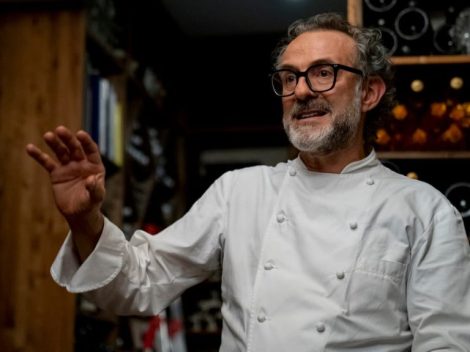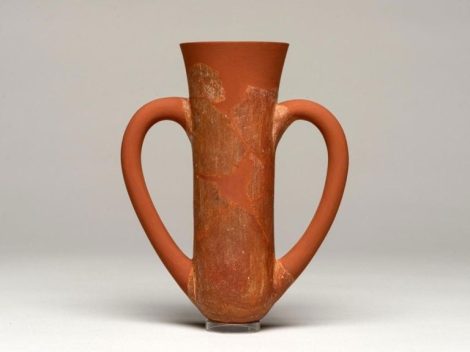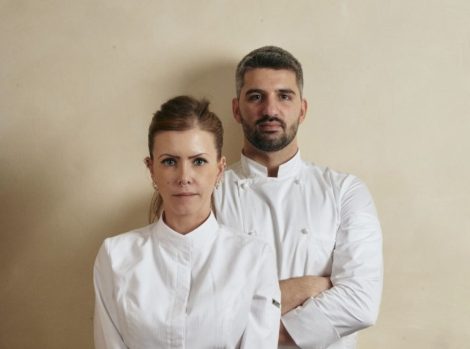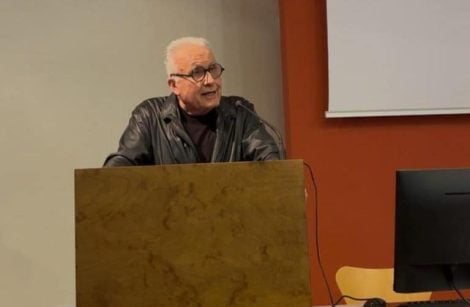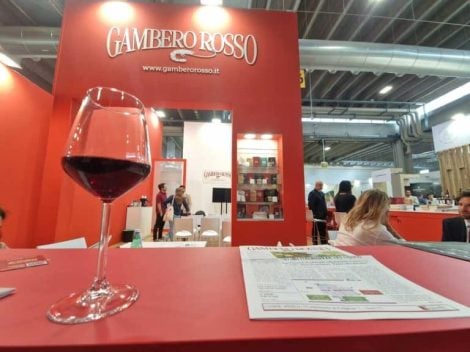Fortunately, Italy isn’t only known for illegal labor practices; there are also agricultural realities that help the disadvantaged through work. One such example is Antonino Caravaglio, a winemaker who revived viticulture on Stromboli—a story of inclusion, a broader perspective on hospitality, and optimism. On his estate on the island of Salina, he hired four young refugees. It’s a story with a happy ending that should be the norm rather than the exception. "Immigration should be seen as a potential resource," says Caravaglio. "One of the limiting factors often encountered in agriculture is the need for labor. I took on four young men, all within the legal framework, and it turned out to be a decisive choice because I found excellent employees to take care of my vineyards—35 plots that require a lot of manpower. And I can only be grateful for this."
Labor and tourism
Vineyard cultivation is a full-time job, especially on an island, where options are limited, and other factors come into play. "Salina is a tourist spot, and much of the workforce shifts to that sector, especially during the summer months when vineyard work is most needed. Not to mention the many people required for a company like mine, with various plots spread across three islands." Caravaglio is trying an alternative path, one that follows the principles of inclusion and legality.
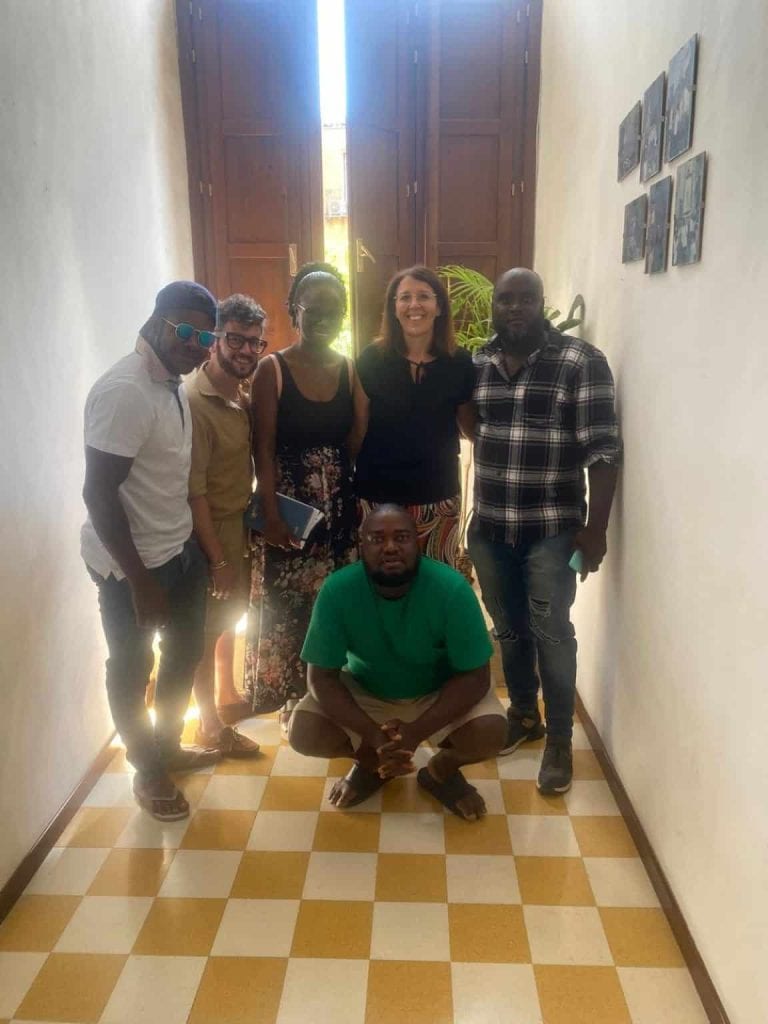
"I did some research and went to the Don Bosco 2000 reception center in the municipality of Piazza Armerina. I spoke with the center’s coordinator and the cultural mediator responsible for integrating young people into a work environment. I introduced them to my company and explained my need for workers. From there, we started the integration process. I arranged housing that provided the necessary comfort. This was the beginning of a journey that led me to hire three, and then a fourth. I can say that working with them has been very positive," says Antonino.
A Family story
The story of these four young men reminds him of his own family. "My grandfather emigrated in the 1890s, my grandmother arrived in Boston in 1898, and another relative emigrated to Australia. My family found fortune abroad, leaving their home and loved ones to seek a better situation, and they found it in the United States and Australia."
The potential resource of inclusion
The integration of the four young immigrants into the winery has worked out rather well. Caravaglio shared his knowledge, and the four young men became interested in the work. Over time, they developed a strong sense of belonging to the company. "They are proud of the work they do, and now they tell me, ‘Let’s go to that vineyard because we need to do this work.’ They’ve become better at it than I am. It’s significant for the company when an employee takes ownership of priorities and tells you what needs to be done—it means they’re doing it with heart. Sometimes I even ask them to assist me in the winery during guided tours. They are full of enthusiasm."
"I owe them a lot. They thank me, but they’ve done far more for me than I have for them. I simply hired people legally, according to the law. They, in turn, have given me something more with their dedication and passion." It’s a virtuous example, one of the few, but it has resonated within the Sicilian landscape. "I wanted to give visibility to what I’ve done by talking about it with restaurateurs and colleagues, not for personal vanity but so that other companies could emulate this experiment." And indeed, others have followed suit.

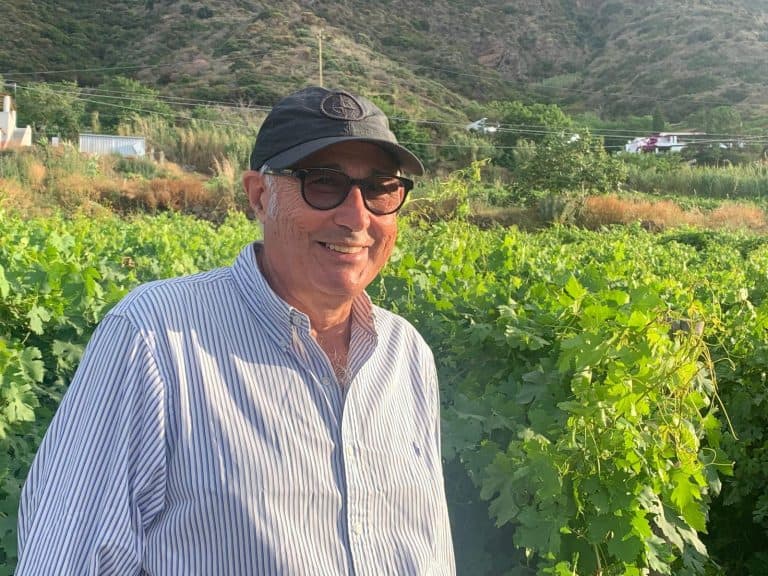
 US tariffs: here are the Italian wines most at risk, from Pinot Grigio to Chianti Classico
US tariffs: here are the Italian wines most at risk, from Pinot Grigio to Chianti Classico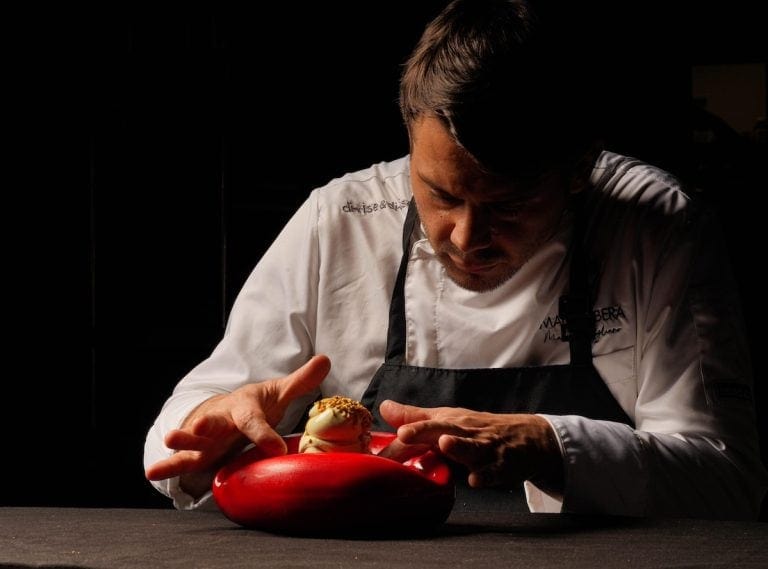 "With U.S. tariffs, buffalo mozzarella will cost almost double. We're ruined." The outburst of an Italian chef in Miami
"With U.S. tariffs, buffalo mozzarella will cost almost double. We're ruined." The outburst of an Italian chef in Miami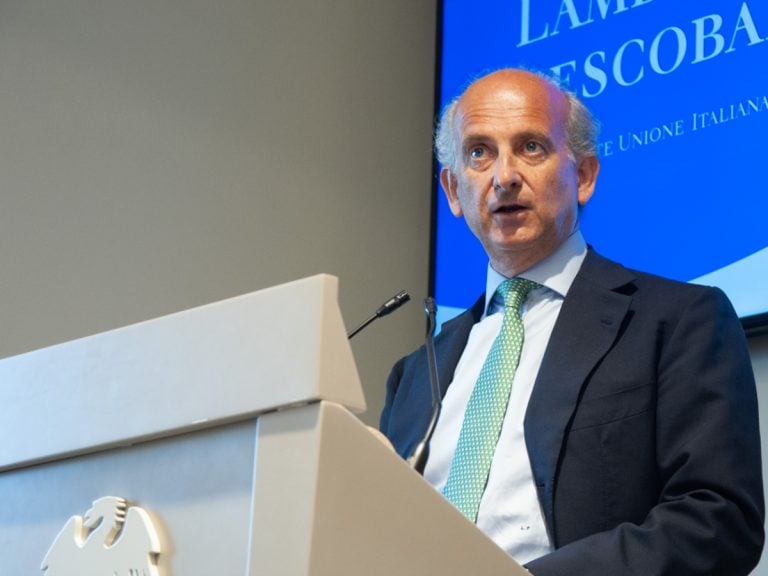 "With US tariffs, extremely high risk for Italian wine: strike deals with buyers immediately to absorb extra costs." UIV’s proposal
"With US tariffs, extremely high risk for Italian wine: strike deals with buyers immediately to absorb extra costs." UIV’s proposal Meloni: "Tariffs? If necessary, there will be consequences. Heavy impact on agri-food sector"
Meloni: "Tariffs? If necessary, there will be consequences. Heavy impact on agri-food sector"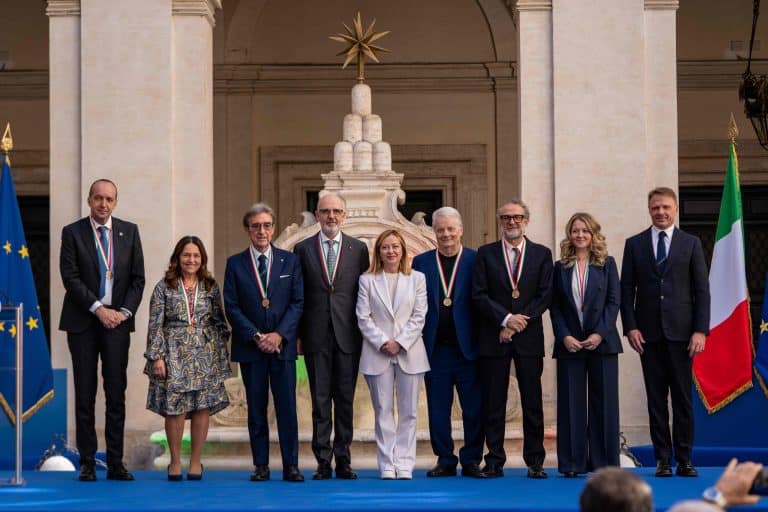 The Government honours the greats of Italian cuisine, from Bottura to Pepe. Massari: "Thank you, Meloni, the only one who listened to us"
The Government honours the greats of Italian cuisine, from Bottura to Pepe. Massari: "Thank you, Meloni, the only one who listened to us"
